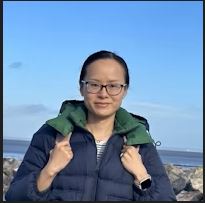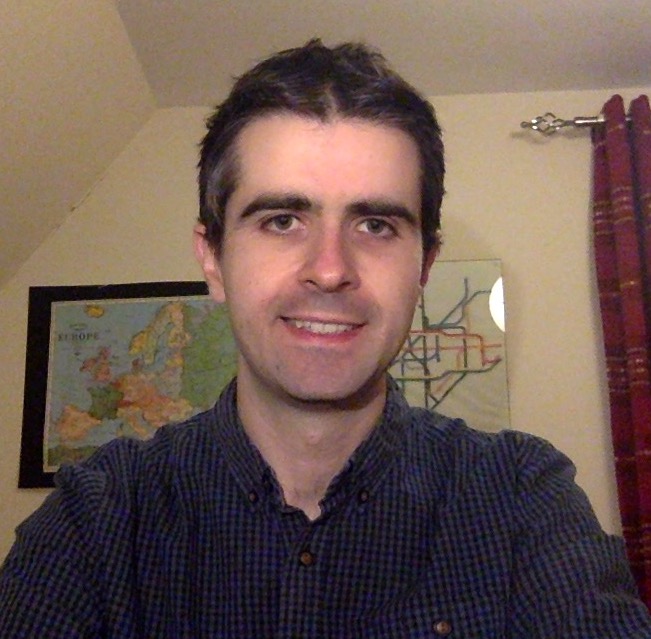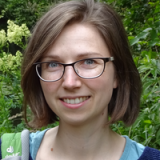Lu’s research focuses on simulating and assessing extreme hydrometeorological events like floods and heat waves, particularly in relation to climate change. Lu employs satellite remote sensing, environmental modelling, and machine learning to analyse urban and watershed contexts.
Prakash Kripakaran
Prakash is academic lead for the civil and structures research group at Exeter. His research interests are broadly in the design and management of civil infrastructures, such as bridges. He has significant experience in: the experimental and numerical modelling of flow and scour (erosion) around hydraulic structures such as bridge piers; the use of applied computing techniques including Building Information Modelling (BIM) for construction automation and design; the development of finite element modelling-based and data-driven strategies for interpreting measurements from bridge structural health monitoring; and the application of optimization methods for structural design problems (e.g. design of trusses and moment-resisting steel frames).
Peter Melville-Shreeve
Dr Peter Melville-Shreeve has worked in consultancy, startups and academic roles over the last decade. He works closely with the Chartered Institution of Water and Environmental Management’s (CIWEM’s) policy team to support sustainable water management systems and chair’s CIWEM’s Water Reuse Task & Finishing Group. Much of Peter’s early research focusses on rainwater management systems and the need for dual purpose designs – which can mitigate droughts and floods. His thesis highlighted the opportunities for Internet of Things technologies to be harnessed to reduce water demand AND manage stormwater flood risk. He consequently founded and exited a technology business which developed analytics and control systems to enable such technologies to be implemented at a range of scales.
Peter Watson
Peter’s research focuses on climate events and climate change, atmospheric weather systems, hazard and risk datasets. His work with the climateprediction.net team has produced large atmospheric model simulation datasets at a resolution high enough to resolve extratropical storm systems, with the potential to drive hydrological models in the future.
Guangtao Fu
Guangtao’s research is focused on developing and applying new computer models, data analytics and artificial intelligence tools to tackle urban water challenges in water supply resilience, network leakage, flood risk, urban stormwater and wastewater management.
Raziyeh Farmani
Raziyeh specialises in urban water systems modelling, water resources management and asset management and has expertise in multi-objective optimisation of water networks. Her research interests covers evolutionary optimisation, artificial intelligence and data mining.
Kirstin Strokorb
Kirstin’s research focus lies on multivariate, spatial and temporal dependence phenomena in extreme value theory providing theoretically sound procedures for the quantitative assessment or rare and typically hazardous events (as good as possible, knowing the limitations is also an important issue).
Albert Chen
Albert’s research focuses on water and human environment systems. Particular focus is on: hydraulic modelling, urban drainage, flood forecasting, innovation technology applications, water-food-energy-ecosystems nexus, climate change impact on critical infrastructure, prediction of water-borne disease, hazard impact and cascading effects assessment, and mitigation and resilience strategies.
Shunqi Pan
Shunqi’s research covers the physical and numerical modelling of coastal and estuarine processes; prediction of large-scale extreme waves and surge; climate change impacts to the marine environment; coastal defences and flooding and marine renewable energy.
Katerina Michaelides
Katerina’s research focuses on rainfall-driven processes at the Earth’s surface, including overland flow generation, sediment transport, erosion and biogeochemical fluxes with a specific focus on dryland basins where water and nutrients are greatly limited. Current projects include ‘Drought Resistance in East African Dryland Regions’ and ‘Re-work of Mobile Phone App Development for Drought Adaptation in Drylands’.










